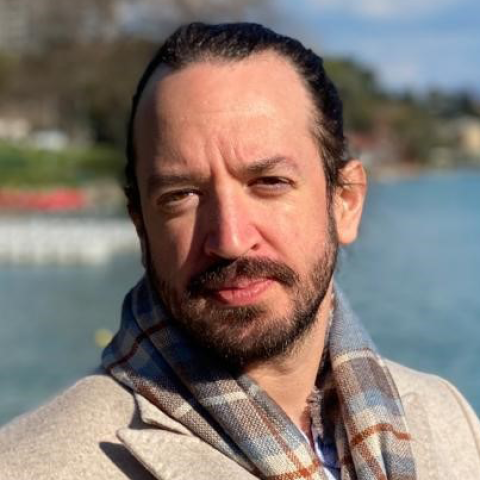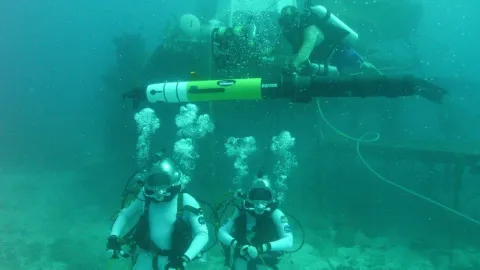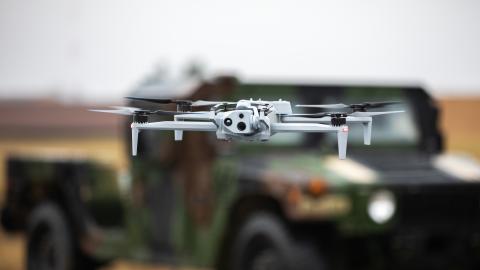Nobody knows whether Vladimir Putin will invade Ukraine, but it is increasingly clear that a divided and confused Western alliance doesn’t know how to deal with the challenge he poses.
Lost in a narcissistic fog of grandiose pomposity, Western diplomats spent the past decade dismissing the Russian president as the knuckle-dragging relic of a discarded past. As then-Secretary of State John Kerry sniffed during Mr. Putin’s 2014 invasion of Ukraine, “You just don’t in the 21st century behave in 19th century fashion by invading another country on a completely trumped up pretext.”
Neville Chamberlain learned more from failure at Munich than the current generation of Western leaders learned from failure in Crimea. Convinced that the old rules of power politics don’t apply in our enlightened posthistorical century, Europeans nattered on about soft power only to find themselves locked out of key U.S.-Russia talks over Ukraine. As China and Russia grew more powerful and assertive, Americans enthusiastically embraced the politics of mean-spirited polarization and domestic culture wars. Now the Biden administration is simultaneously proclaiming overseas that America is back, in all its order-building awesomeness, and maintaining at home that democracy is one voting-rights bill away from collapse.
Pathetic throwback that he is, Mr. Putin used his time differently, rebuilding the Soviet Union under the nose of a feckless and distracted West. Because Russia hasn’t annexed breakaway republics, many observers underestimate how successful Mr. Putin’s reassembly of the U.S.S.R. has been. But it is hegemony, not uniformity, that he wants. Stalin insisted on enrolling Ukraine and Belarus as founding members of the United Nations while they were part of the Soviet Union; Mr. Putin might be happy to keep them nominally independent under Russian control. In many Soviet republics, Moscow ruled through local strongmen. When the Soviet Union collapsed, leaders like Azerbaijan’s Ayaz Mutalibov, Turkmenistan’s Saparmurat Niyazov and Kazakhstan’s Nursultan Nazarbayev made a seamless transition to running the republics as personal fiefs. Mr. Putin’s goal is to re-establish ultimate control while leaving subordinate rulers in place.
Read the full article in the Wall Street Journal














